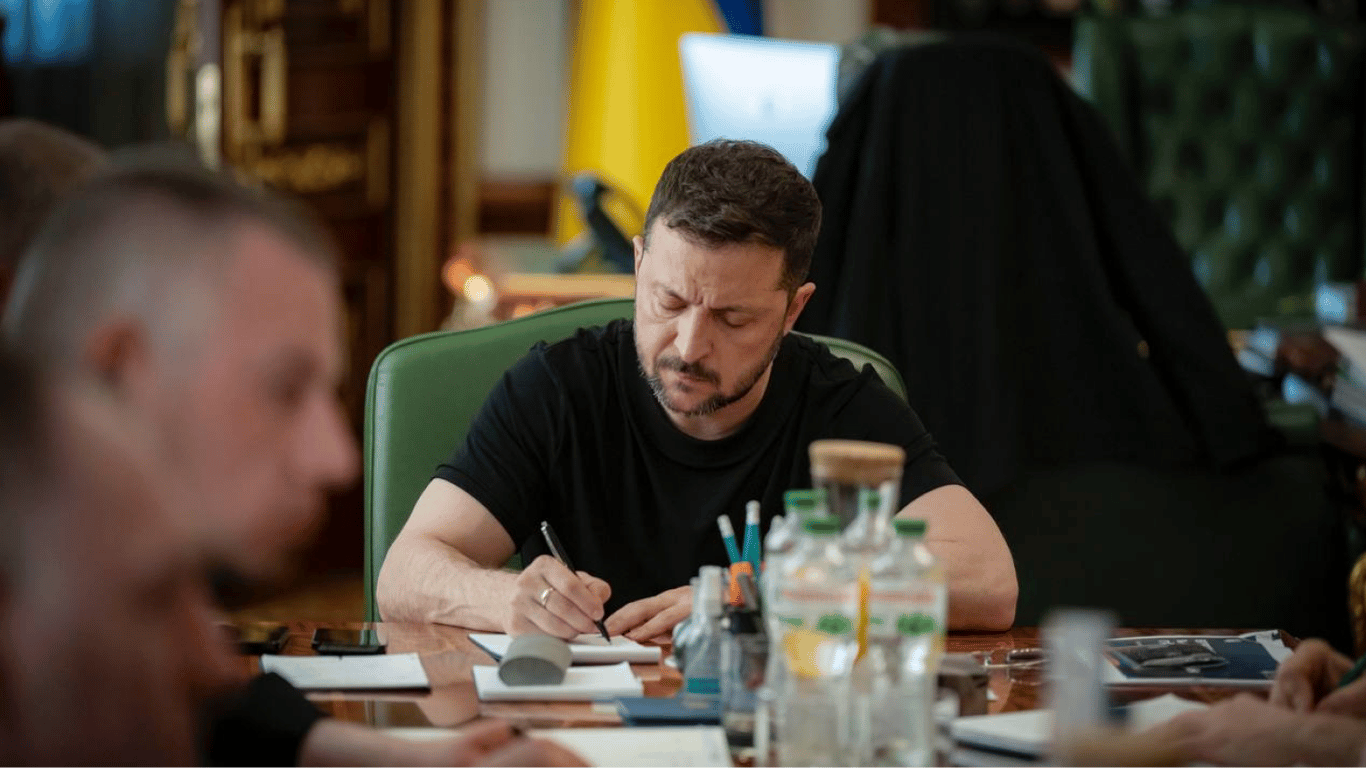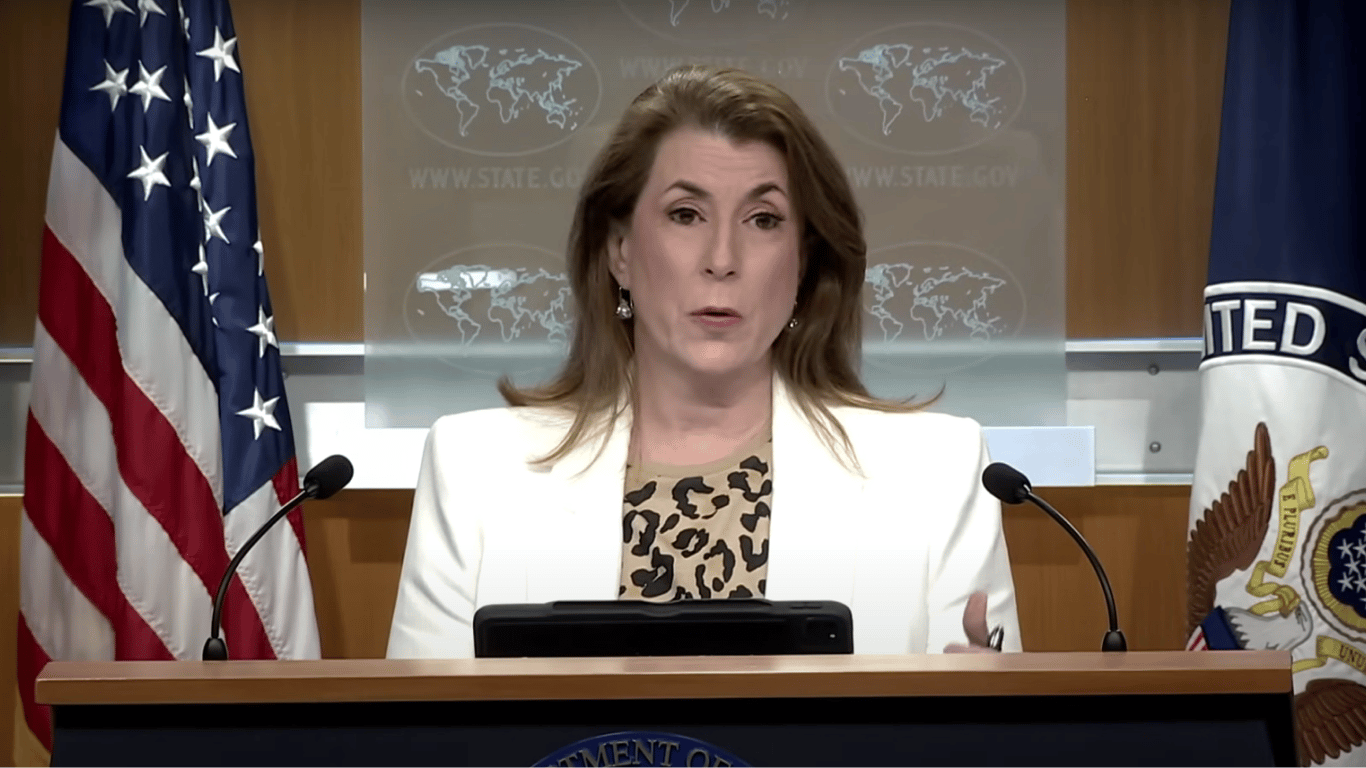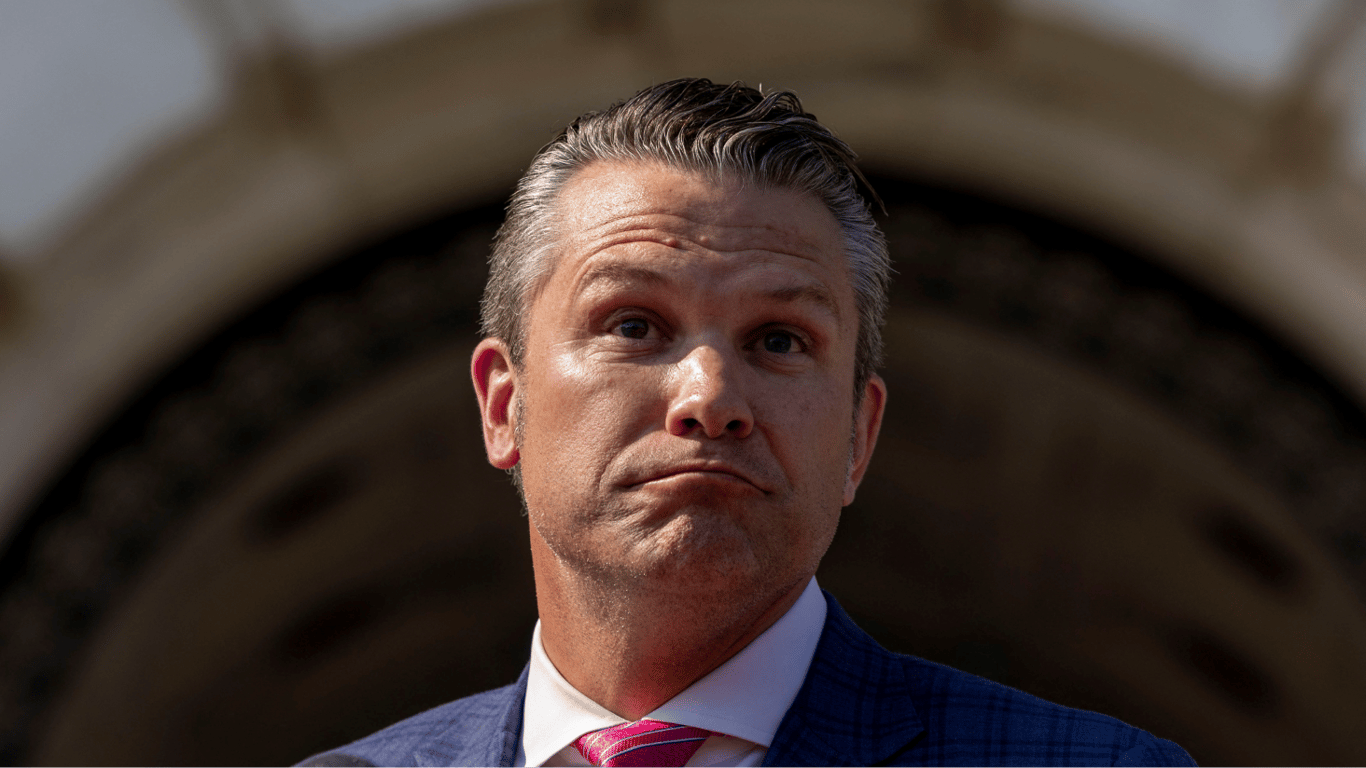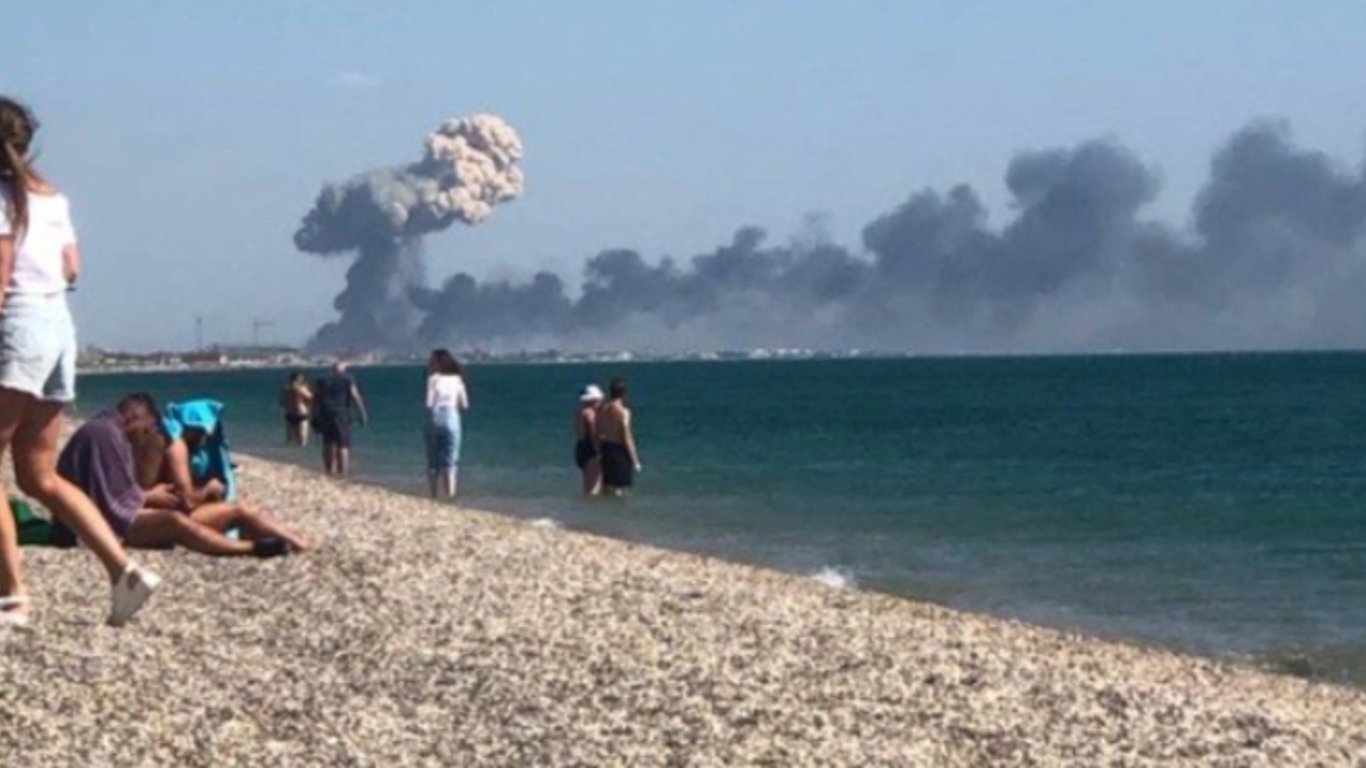Russia's Influence in Eastern Europe Worsens HIV Epidemic.

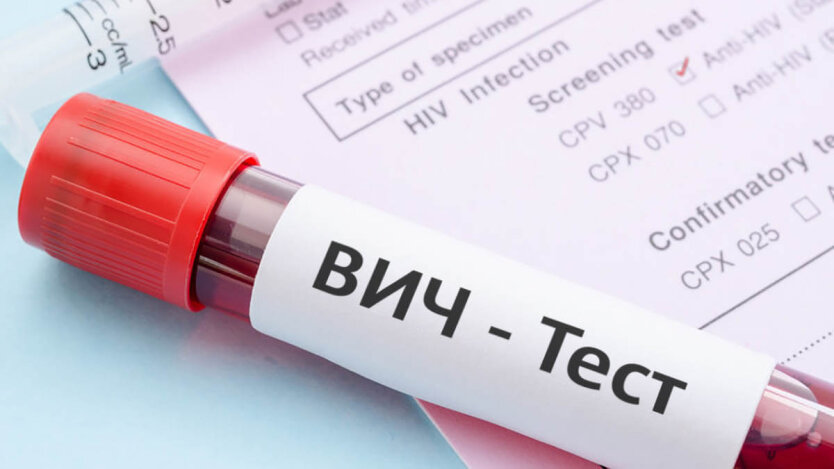
Rising HIV Infections and AIDS Mortality in Eastern Europe and Central Asia
In recent years, the number of new HIV diagnoses has increased by 20%, and AIDS mortality has increased by 34% in Eastern Europe and Central Asia. These are the highest growth rates worldwide. This information was provided by health leaders during a briefing at the 25th international AIDS conference.
According to The Guardian, Russian propaganda hampers the work on treatment and prevention of infection, especially among drug addicts and the LGBTQ+ community. It also prevents access to opioid replacement therapy services.
In addition, laws on 'foreign agents' in some countries in Eastern Europe and Central Asia, inspired by Russia, obstruct foreign-funded charitable organizations and lead to the closure of some of them.
Special advisor to the WHO European Bureau Michel Kazachkin stated: 'Russian influence in neighboring countries is evident and growing'.
According to Michel Kazachkin, Russian propaganda harms society and creates barriers to access to healthcare. For example, the consequence of Russian influence was the closure of a weak opioid agonist therapy program in Kazakhstan.
According to former Kyrgyzstan parliament member Natalia Nikitenko, many Central Asian citizens work in Russia, but due to deportation fears, people infected with HIV or addicted to drugs avoid treatment.
Fortunately, in Ukraine, the national HIV prevention program continues to work despite Russian aggression, and the number of people receiving necessary therapy is increasing again.
Source: Ukrinform
Read also
- Kyiv City Administration purchased generators at inflated prices – prosecutor's office
- In Volyn, railway workers were tried for the illegal transportation of a draft evader
- Zelensky reacted to Russia's massive attacks on Ukraine
- The US State Department confirmed the resumption of aid to Ukraine
- Hegset did not inform the White House about the cessation of aid to Ukraine
- Liberation of Crimea — Ukrainian Armed Forces strikes scare the occupying authorities


